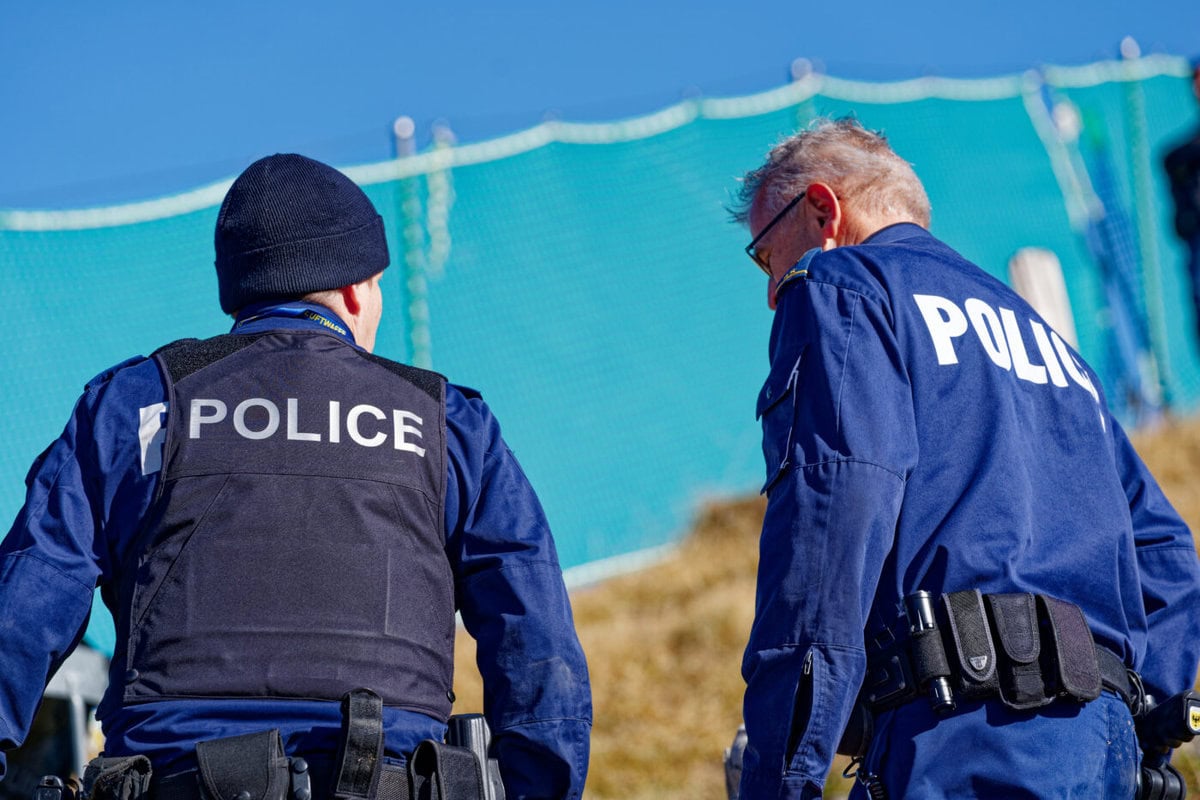Fasnacht: Optimal protection of hearing
It feels like an eternity since the last time "the fifth season" could be celebrated. However, many Guggenmusik also cause a lot of loud music. With a few precautions, however, hearing damage can be prevented.

After more than two years, the carnival can finally take place again. However, the rude time can also become a nightmare for some people's hearing, because the performances of the Guggenmusik can always cause great noise pollution. If it becomes too much for the hearing, it reacts with a disturbance of the hearing function, which can become noticeable by a continuous whistling or humming in the ear. If the noise in the ear does not subside after 24 hours, Suva says a medical assessment should be made. In the long term, strong noise can not only lead to such hearing disorders, but also cause hearing loss in the long term.
According to Suva's acoustics experts, a Guggenmusik quickly reaches a sound level of 95 decibels in narrow alleys. Especially in closed pubs, values of up to 105 decibels can be recorded. For children or animals, such levels can also lead to stress reactions. For this reason, children in particular should wear hearing protection during carnival, while pets should be kept in a quiet place at this time.
In this context, Suva recalls some important tips:
- Use hearing protection (earplugs, pamir, etc.) if the noise is so loud that you cannot have a normal conversation.
- Keep your distance from loud sound sources (loudspeakers, wind instruments).
- Deliberately take breaks from noise to allow your hearing to recover.
- If you experience a feeling of pressure in the ear or dull hearing after loud noise, or even notice persistent ringing in the ears, you should urgently give your hearing a rest.
- If the symptoms have not subsided after 24 hours, it is advisable to consult an ear specialist.
Source: Suva









